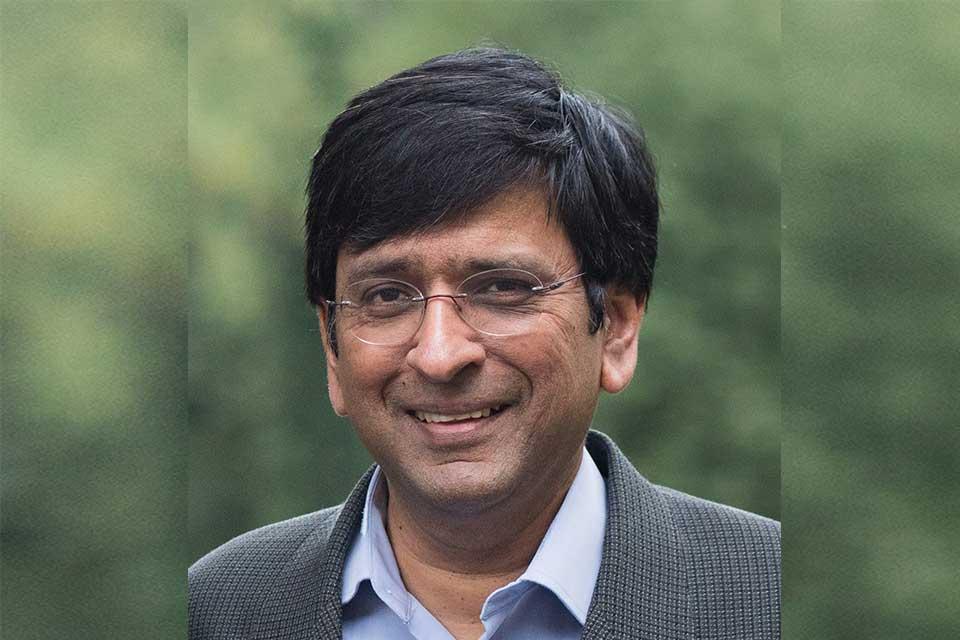Professor Shivaji Sondhi has been elected Fellow of the Royal Society. Professor Sondhi is the Wykeham Professor at the Rudolf Peierls Centre for Theoretical Physics at the University of Oxford and Professor Emeritus of Physics at Princeton University. He is a theoretical physicist whose work has primarily focused on novel forms of order in many-body systems – both naturally occurring and those enabled by advances in experimental techniques. He is best known for predicting two new types of exotic particles in real materials – ‘skyrmions’ in two-dimensional electron gases under high magnetic fields and ‘magnetic monopoles’ in spin-ice compounds – and for elucidating how ‘time crystals’ constitute entirely new, non-equilibrium states of matter.
His work has been recognised with the McMillan Award, the Sloan and Packard Fellowships, the Humboldt Award, the Europhysics Prize for Condensed Matter Physics, and election as a Fellow of the American Physical Society.
In addition to his research, he has a long-standing interest in public policy issues. At Princeton, he co-founded programs on oil, energy, and the Middle East and on India and the world. At Oxford, he is actively engaged in exploring the implications of the explosive growth of machine intelligence for human arrangements.
‘The 365-year history of the Royal Society is also the history of modern science, and it is a great honour to be asked to be a (tiny) part of it,’ comments Professor Sondhi. ‘Needless to say, my own work in physics has always been collaborative, and at such moments I feel particularly grateful to have had the opportunity to work with some exceptional physicists at outstanding institutions throughout my career. The Society is a vital force not only in the UK but worldwide, and I look forward to contributing to its efforts to help humanity manage the extraordinary technological changes that are underway or lie just beyond the horizon.’
Professor Andrew Boothroyd, Head of Department, comments: ‘Professor Sondhi is an extraordinarily accomplished theorist and a much-valued member of our department. He is a leader in his field and this recognition is testament to his remarkable accomplishments.’

